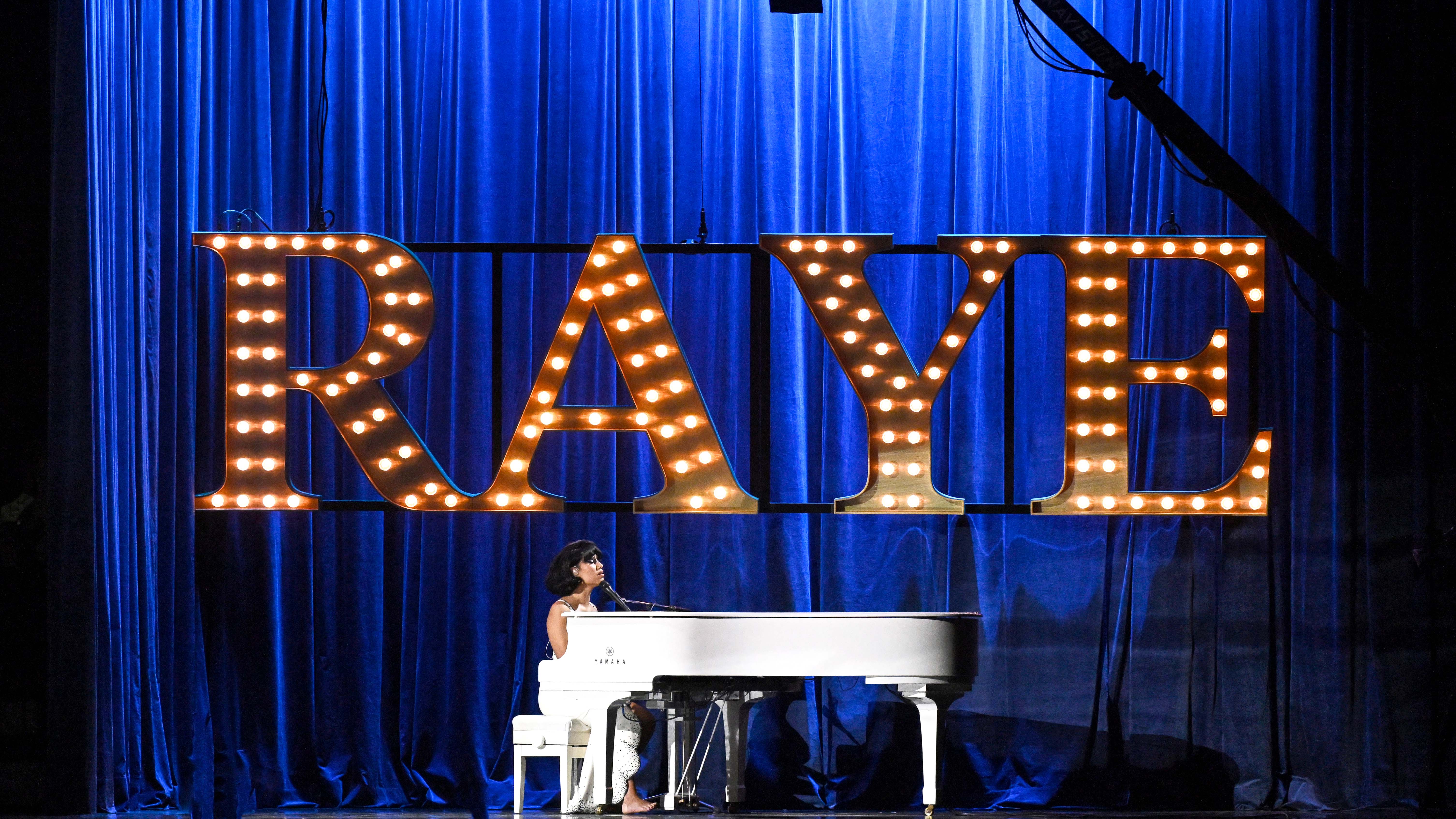
So, your hard work is paying off. You've garnered some of that magical traction you've heard about and you're ready to take the next step in your music career. Congratulations. It's an incredibly exciting time, but this is when you need to get serious about music contract law.
Navigating the intricacies of rights, royalties and payments in music contracts can be hugely challenging and it is an important step to ensure the success of any music artist.
Recent high-profile examples of music law disputes, such as Raye’s contract with Polydor and Taylor Swift’s fallout with Big Machine Records have only highlighted the importance of ensuring you're aware of your rights and exactly what is included in their contract.
Pete Bott, Head of the Music law team at Blacks Solicitors, shares his insight into the top five key concepts for recording artists to get their heads round before signing on the dotted line.
• More legal fun: The complete checklist for releasing your own music
1. Exclusivity
One of the most common questions before signing a record deal is exclusivity and whether an artist will be able to release music with any other labels or independently once a deal is signed.
With the current high volume of music releases, it’s important to ensure that artists have an outlet for regular releases, which may in some cases involve multiple music labels or self-releases.
Want all the hottest music and gear news, reviews, deals, features and more, direct to your inbox? Sign up here.
2. Funding
Under a record label contract, an artist may or may not receive advances or funding to support them whilst creating music. Artists must establish whether advances are payable and what are the contractual budgets, for example; marketing, recording, video recording, artwork or any other associated costs.
It’s important for all artists to have the very best chance of ‘rising above the noise’ and making an impact with releases and this in some cases will require significant budgets.
3. Royalties
Music royalties or a ‘royalty’ is best understood as the payments which are made to the creators of copyright works (such as songwriters, recording artists or producers) for the use of those works.
Before signing a record deal, recording artists should establish exactly what royalties they will be paid and how the royalties are calculated.
Artists should also investigate further into whether fees are payable to producers, mixers or featured artists and whether these will be taken off their royalty share.
4. Rights period
The “rights period” is the period of time that the record label will be the exclusive licensee of the artist’s recorded music.
Artists should understand the rights period they are agreeing to and the exact date that rights to their work will be returned to them. This is especially important when considering a long-term career as artists may want future deals for recordings once rights are returned to them.
A recent and well-known example of a rights period dispute is Taylor Swift’s battle with former record label Big Machine Records, which resulted in the creation of Taylor Swift’s ‘Taylor’s Versions’ of her early albums after the “re-recording restrictions” expired.
5. Ancillary Rights
Ancillary rights are often included in record deals and mean that an artist may have to share income from activities other than recording with their record labels.
Before signing any deal, artists should establish whether the income they make from live performances, merchandising, sponsorship, endorsement and other revenue streams is to be shared with the record label or any other third parties.
These sums can be significant and can dramatically impact the total earnings an artist makes.
Thanks to Blacks for these tips. For more information and advice on music law, please visit: www.lawblacks.com/music

After a successful career in the music industry as a performer, producer and songwriter, Pete trained as a Solicitor and qualified at Blacks Solicitors in 2012, and is now a Partner and Head of Music Law.
